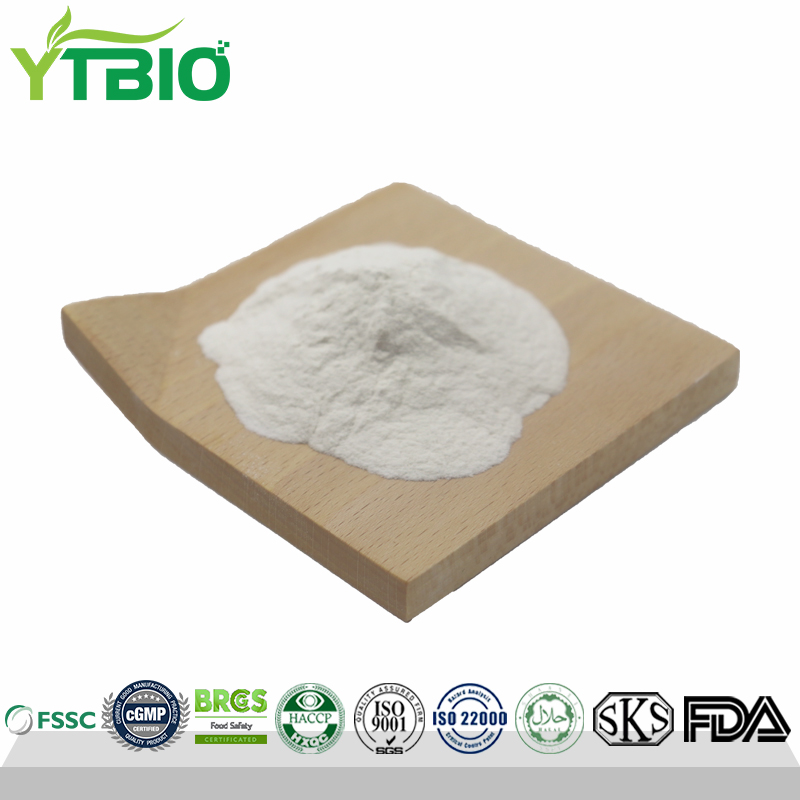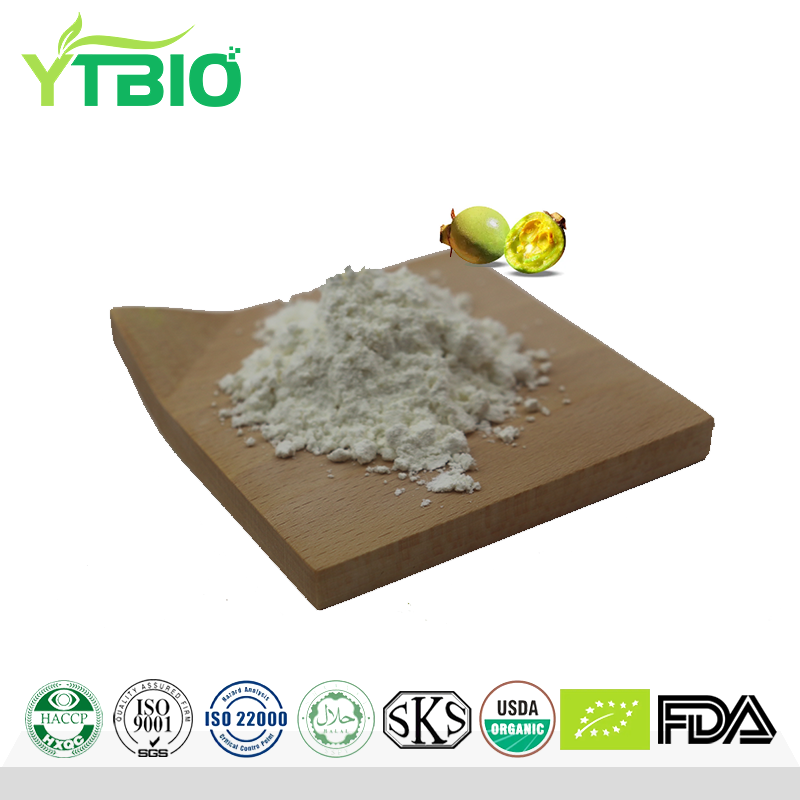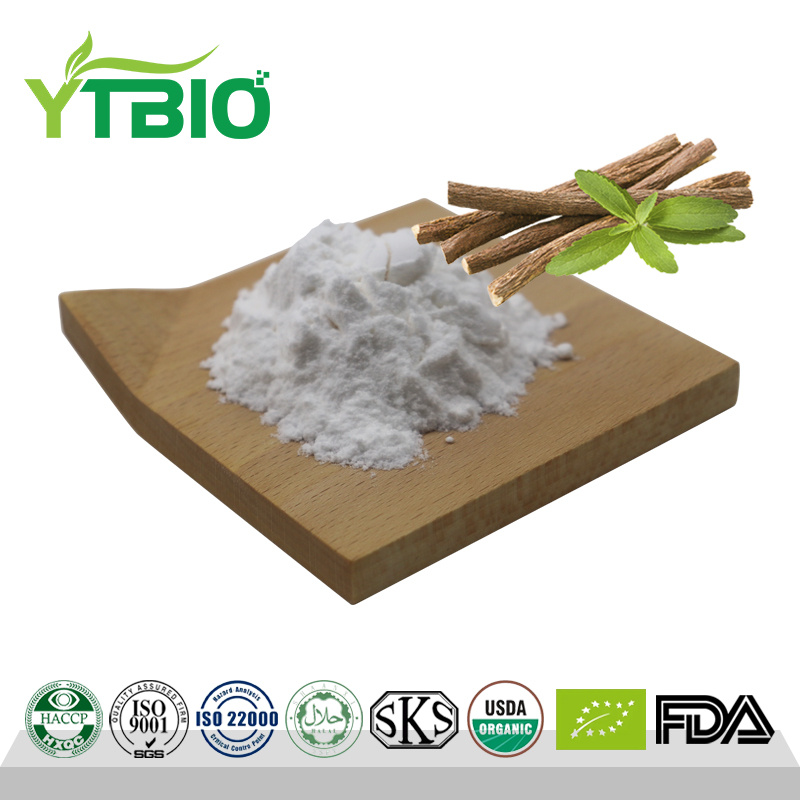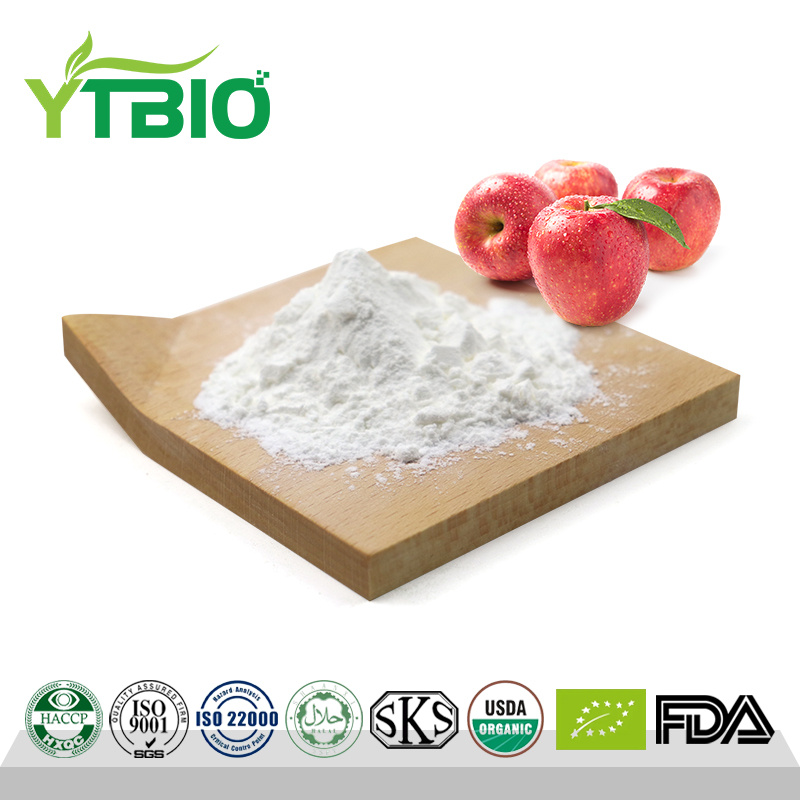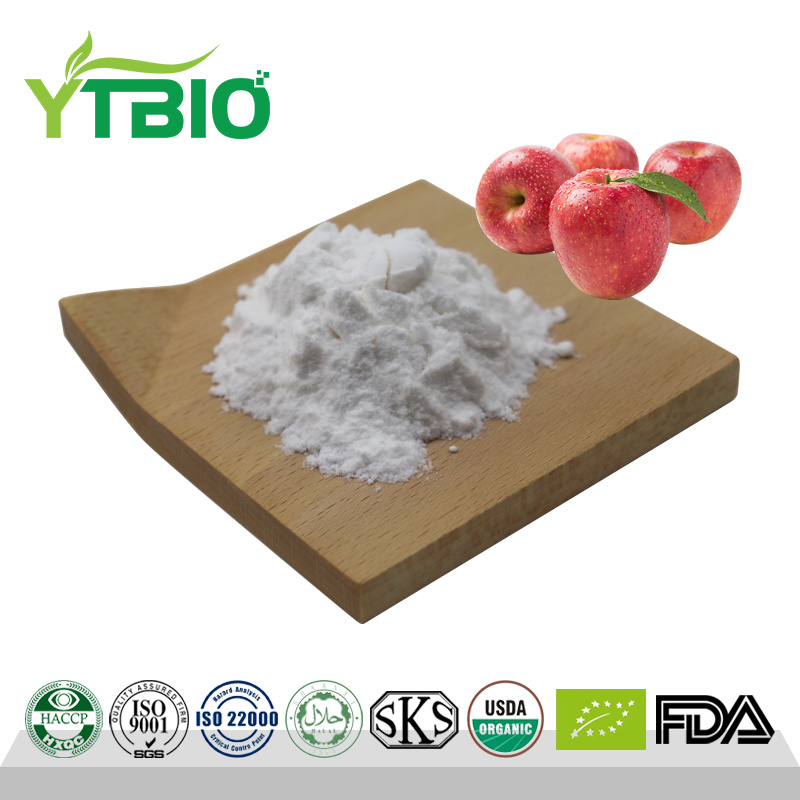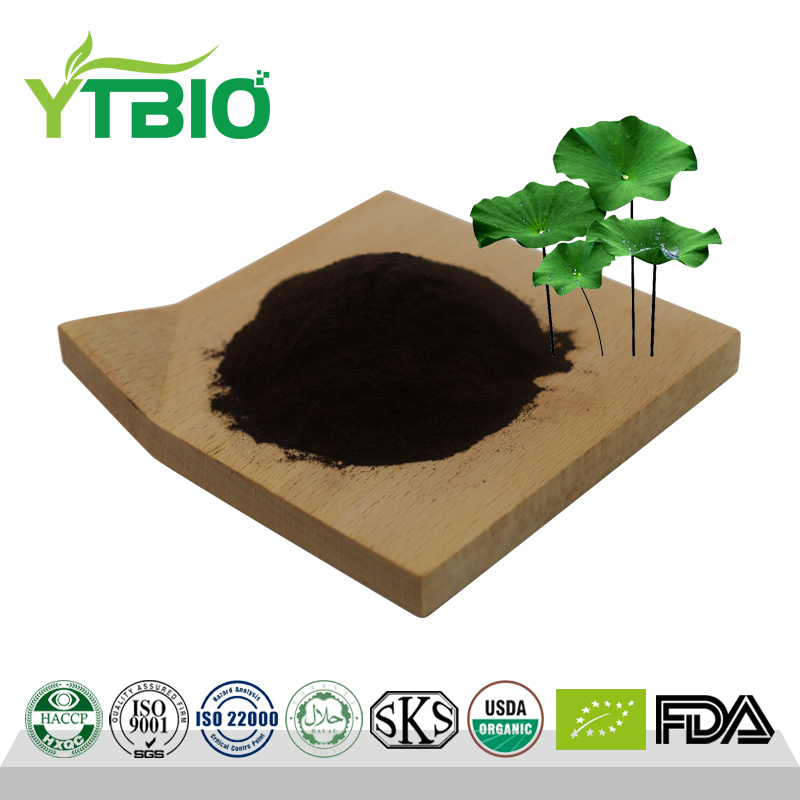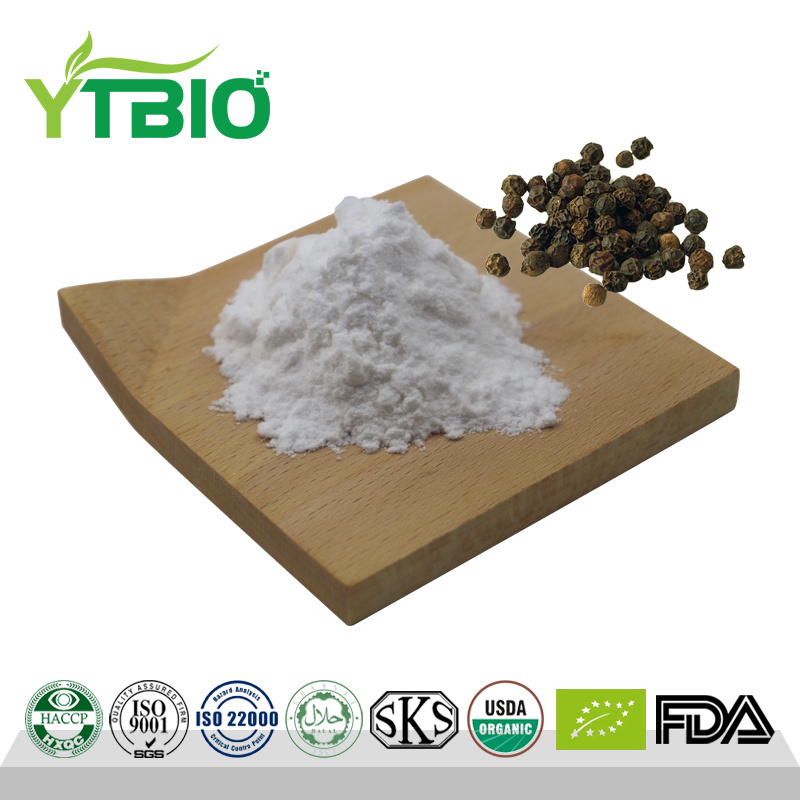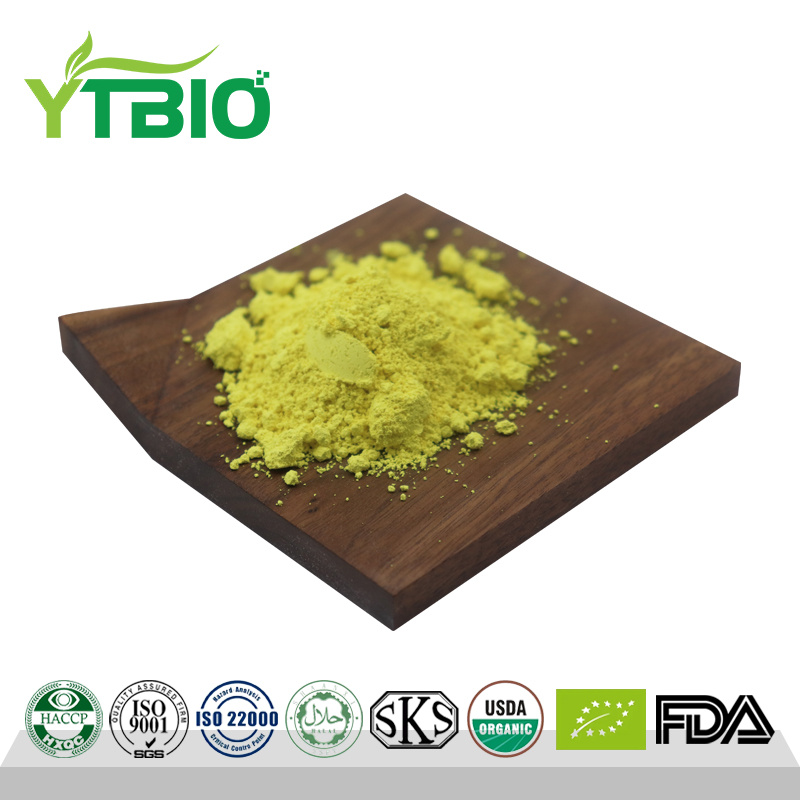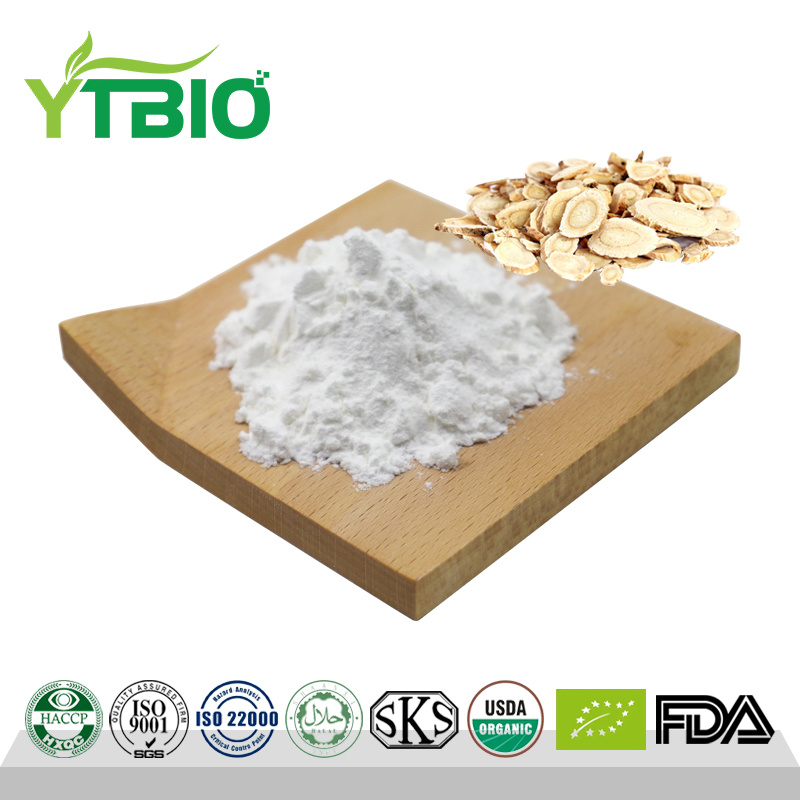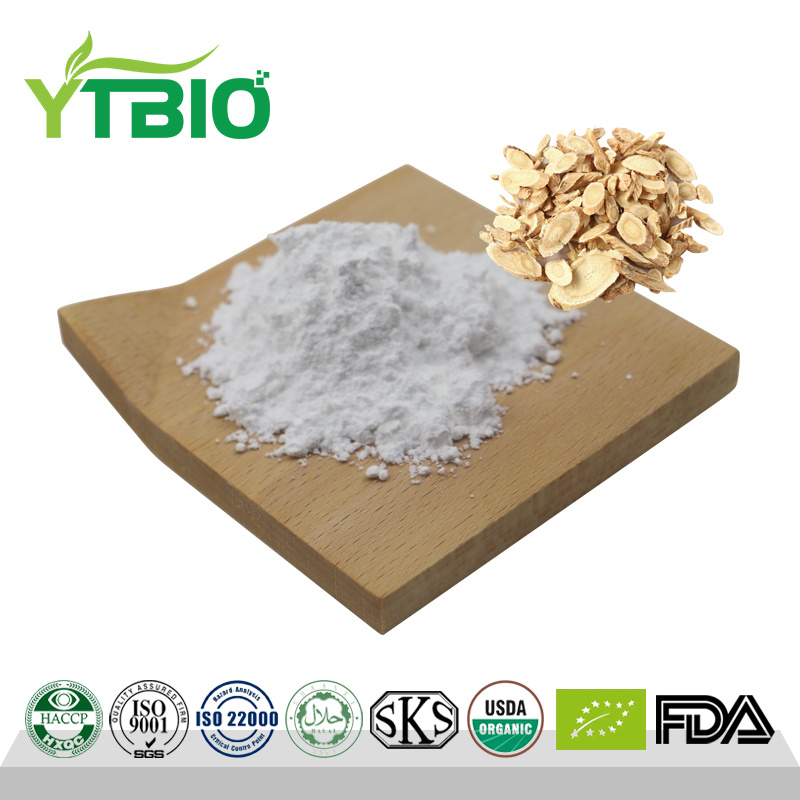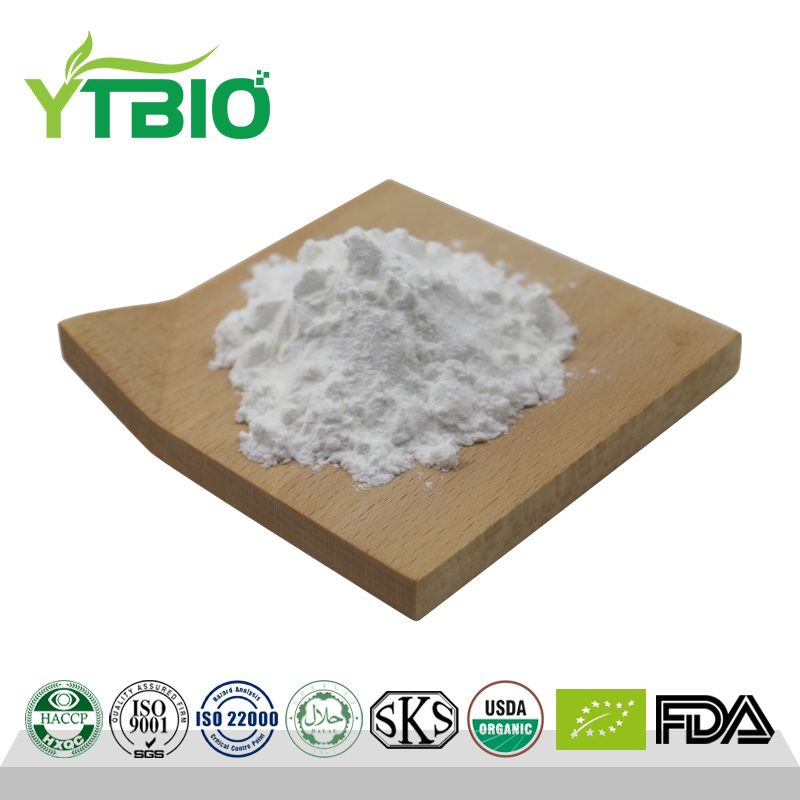99% Calcium Ascorbate Powder For Health Food
What is calcium ascorbate?
Calcium ascorbate is a mineral ascorbate salt formed by the combination of calcium (a mineral) and ascorbic acid (vitamin C). By adding calcium salts to ascorbic acid, its acidity can be buffered, making it easier for the body to digest and absorb. Calcium ascorbate is not only more stable than vitamin C, but it also has better absorption, while retaining all the functions of vitamin C in the body. Its antioxidant effect is superior to that of vitamin C, and the nutritional fortification effect is enhanced due to the addition of calcium. In recent years, research on calcium ascorbate has been continuously advancing, and its application areas are expanding.
Advantages
Vitamin C (also known as L-ascorbic acid) is an organic substance widely found in animals and plants and is an essential nutrient for the human body. Its molecular structure has an enol form, which makes it not only widely used as a nutrient fortifier in the food and pharmaceutical industries but also highly regarded for its antioxidant properties. However, vitamin C is prone to oxidation, and its calcium salt (abbreviated as Vc-Ca) overcomes this drawback, becoming a functional alternative to vitamin C in the food industry.
Vc-Ca is not only more stable than vitamin C but also has better absorption and retains all the functions of vitamin C in the body. Its antioxidant effect is even superior to that of vitamin C. Additionally, the introduction of calcium enhances its nutritional fortification effects. In recent years, research on Vc-Ca has continuously advanced, and its application areas have gradually expanded:
● Food Industry: Used as a preservative for fruits and vegetables, as an antioxidant for ham, meat, and wheat flour, among others.
● Skincare and Daily Chemicals: Used as a non-ionic surfactant and nutrient for skincare and haircare, and as a disinfectant for cleaning lenses.
● Health and Medicine: Used as a calcium salt to prevent osteoporosis, and in tea and beverages to lower blood pressure. Research has also shown that Vc-Ca can inhibit cancer cell DNA synthesis, has an inhibitory effect on malignant tumors, and can be used in clinical adjuvant therapy for cancer.
Calcium Ascorbate Functions and Applications
As a Vitamin Nutritional Supplement
Calcium ascorbate promotes the growth of young animals, prevents skin lesions, hair loss, thickened skin, and scurvy. It can also improve egg production in laying hens, enhance the production performance of high-yield dairy cows, rapidly growing broilers, and animals in high-density farming. In aquaculture, calcium ascorbate can prevent and treat deformities, internal bleeding, skin darkening, fin rot, anemia, and poor growth in fish.
Calcium ascorbate is quickly absorbed by the body and dissociates into ascorbic acid and absorbable calcium. The dissociated ascorbic acid retains its physiological activity, participating in the synthesis of collagen in the extracellular matrix, maintaining capillary permeability, stimulating adrenal cortex hormone synthesis, promoting antibody formation, and enhancing the phagocytic ability of white blood cells, thereby improving animal immunity. Additionally, it transfers hydrogen and electrons during biological oxidation, has detoxifying, antioxidant, anti-scurvy, and anti-stress effects, and promotes the synthesis of carnitine, activation of folic acid to tetrahydrofolate, and absorption of iron in the intestines.
Disease Prevention and Treatment
Calcium ascorbate not only effectively prevents scurvy and other vitamin C deficiencies but also treats diseases related to calcium metabolism, such as rickets. Due to its higher solubility and ionization compared to other calcium salts (such as calcium gluconate), calcium ascorbate is more easily absorbed by the body, maintaining higher calcium levels in the blood. Therefore, it is widely used in the food and feed industries as a multifunctional nutritional fortifier and antioxidant. Adding calcium ascorbate to fish feed can promote fish growth and enhance disease resistance, and it has become an important additive in eel and other precious fish feeds.
For Food Preservation
Calcium ascorbate can be used to prevent protein degradation in fresh foods such as fish and meat, preserving their freshness and flavor. Compared to refrigerator preservation, preservatives containing calcium ascorbate are more effective. Its application method is flexible; it can be directly sprinkled or sprayed on food, or food can be immersed in a preservation solution, with the addition of a freezing agent (such as ice) to enhance the preservation effect.
Calcium Supplementation
Long-term, regular intake of calcium products can effectively prevent osteoporosis. Calcium ascorbate can be added as a calcium sweetener to beverages like tea and coffee, offering a neutral taste and easy solubility in water. Other calcium sweeteners, such as calcium gluconate, calcium lactate, and calcium acetylpropionate, can also be used to supplement calcium, with the specific calcium salt content adjusted based on daily calcium intake requirements and the amount of sweetener used.



